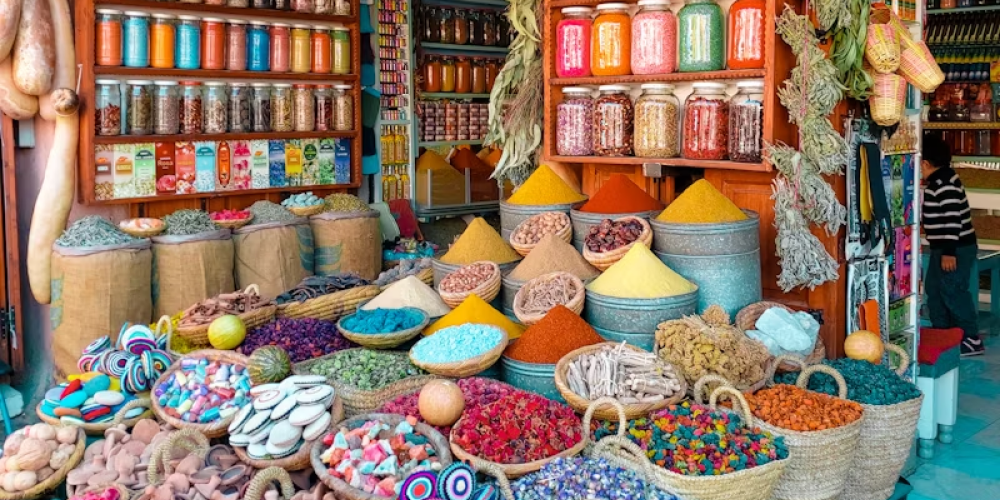Explore the key challenges and solutions when translating between English and Moroccan Arabic (Darija), including cultural nuances, idiomatic expressions, and grammatical differences.
2 minutes read

Translating between English and Darija presents unique challenges due to their distinct linguistic roots and cultural contexts. Understanding these challenges is crucial for accurate communication and language learning.
While Darija and English share some structural similarities, there are still important differences that create translation challenges.
| English Expression | Darija Expression | Literal Translation | Cultural Usage |
|---|---|---|---|
| At your service | 3la ras w l3in | On (my) head and eye | A deeply respectful way to offer help or service, showing highest level of politeness |
| What would you like? | ach 7ab lkhater? | What does your mood desire? | Very polite way to ask someone's preference or desire, commonly used in service settings |
| Take care of yourself | thalla f rasek | Look after your head | Warm expression of concern and care, commonly used when parting |
| Mind your own business | dkhal so9 rasek | Enter your head's market | Direct way to tell someone to stop interfering, shows how Darija uses vivid imagery |
Darija contains numerous religious and cultural references that don't have direct English equivalents.
Many Darija expressions invoke Allah or religious concepts, which might sound unusual if translated literally to English. These should be translated based on their cultural function rather than literal meaning.
While translating between English and Darija might seem daunting at first, many aspects of translation are straightforward once you understand some key principles. The direct nature of Darija and its focus on everyday communication often makes translations clearer than formal Arabic.
| Translation Challenge | Example | Solution | Why It's Manageable |
|---|---|---|---|
| Context-dependent meanings | 'Zwin' can mean 'good' or 'beautiful' depending on context | Consider the broader conversation context | Similar to English words like 'fine' or 'nice' - context clarifies meaning |
| Daily expressions | '3la slama' translated literally means 'on peace' but is used in many ways,'to congratulate the safe arrival of someone' or 'to congratulate the completion of a task that might be risky' and used sometimes to say 'finally' to someone who acheived/completed a task after some struggle | Learn expressions as complete phrases rather than word-by-word translations | Many expressions follow logical patterns once you know the common formulas |
| Cultural references | 'Inshallah' used for future events or possibilities | Understand the cultural context and adapt to equivalent expressions | Cultural terms often have consistent usage patterns |
The key to good translation isn't word-for-word accuracy, but rather capturing the intended meaning and cultural nuance. Darija's practical nature often makes this easier than more formal languages.
Most translation challenges can be resolved by understanding common patterns and focusing on conveying meaning rather than literal translations. Starting with everyday phrases and gradually building up to more complex expressions helps develop natural translation instincts.
Darija translations can vary significantly by region within Morocco, adding another layer of complexity to translation.
| Region | Common Variation | Standard Usage |
|---|---|---|
| Northern Morocco | Spanish-influenced terms | Standard Darija equivalents |
| Casablanca | Modern urban expressions | Traditional expressions |
| Rural areas | Traditional dialectal forms | Modern standardized forms |
Successfully translating between English and Darija requires more than just vocabulary knowledge. Understanding cultural context, regional variations, and common usage patterns is essential for accurate translation.
Blog
Tiktok
Youtube
Pricing
Dictionary
Translator
Privacy
Terms
FAQ
Contact
support@learnmoroccan.com